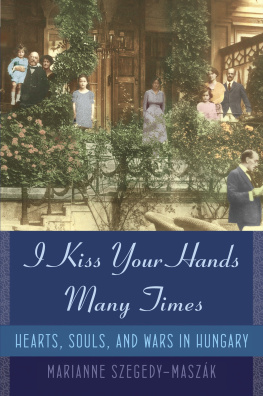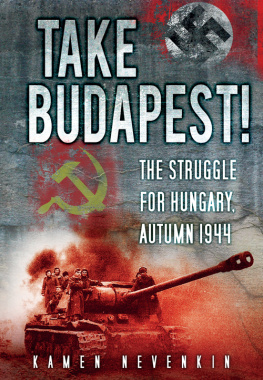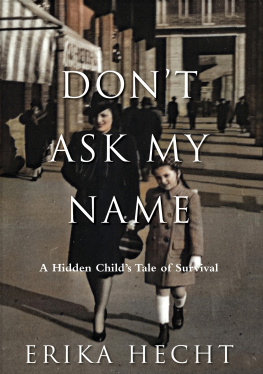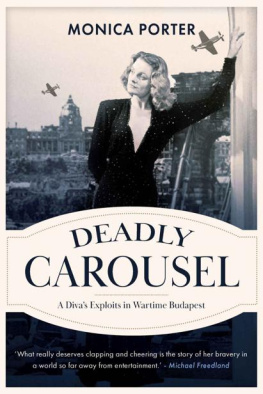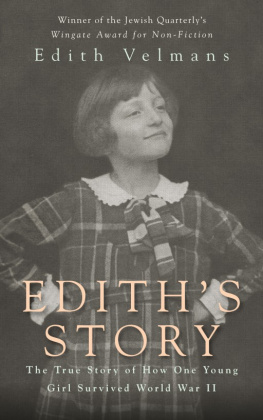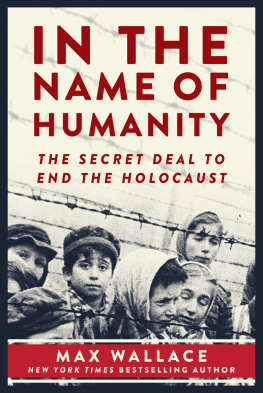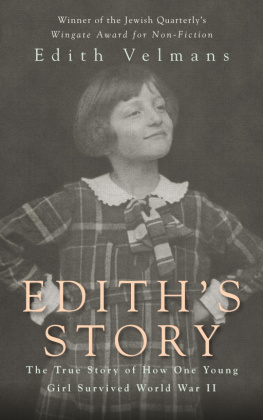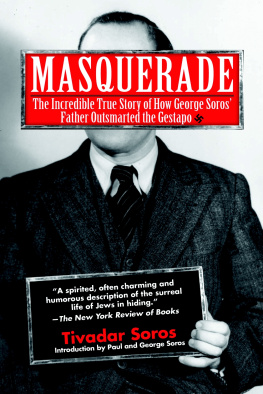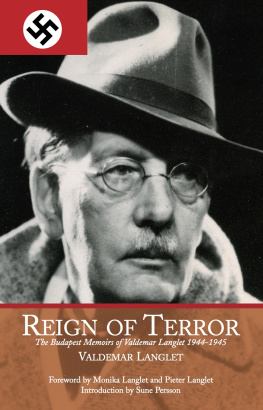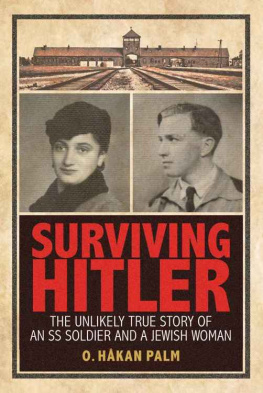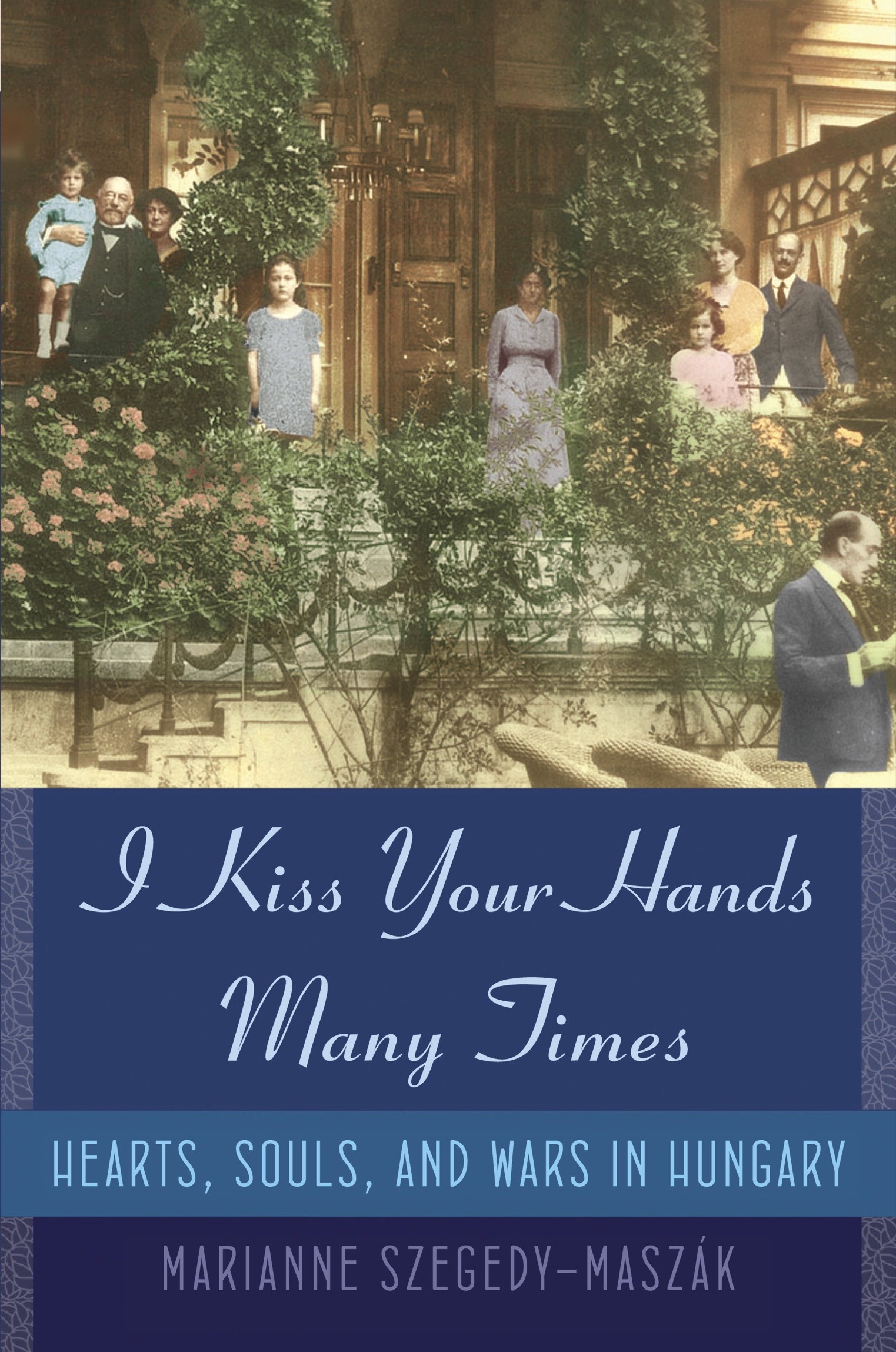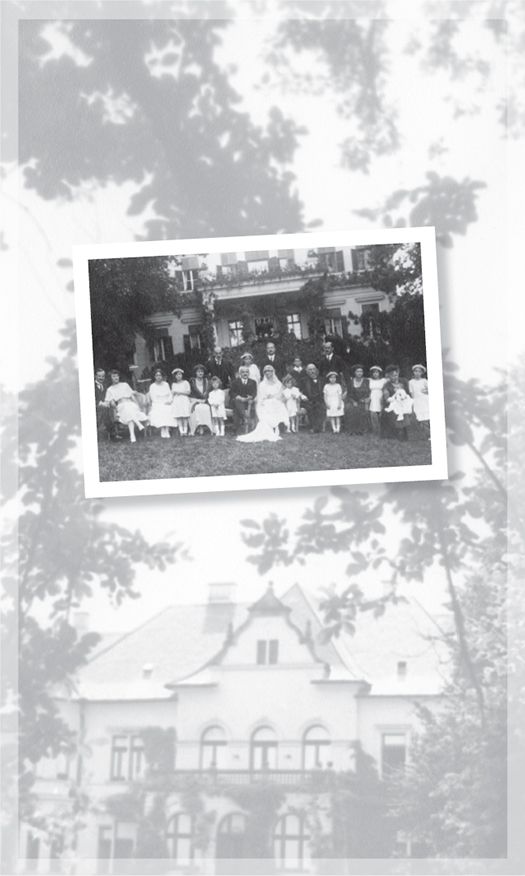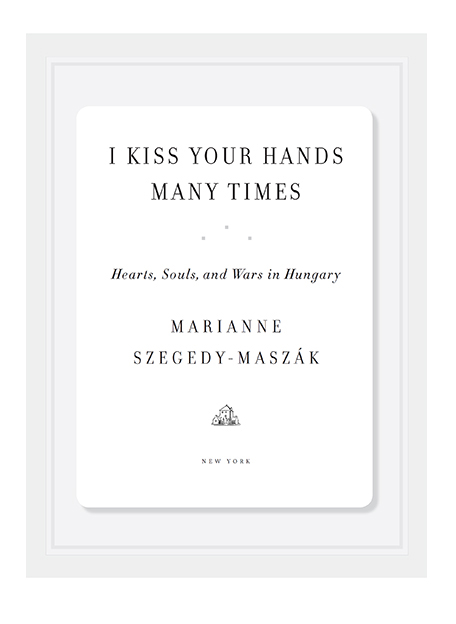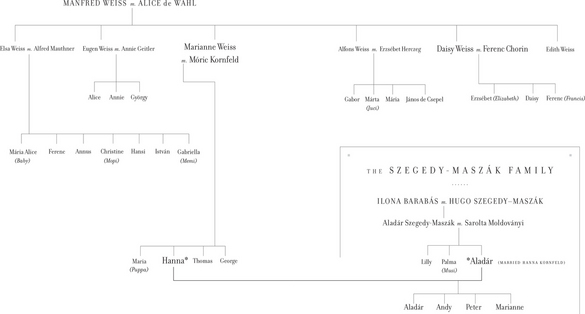Marianne Szegedy-Maszak - I Kiss Your Hands Many Times: Hearts, Souls, and Wars in Hungary
Here you can read online Marianne Szegedy-Maszak - I Kiss Your Hands Many Times: Hearts, Souls, and Wars in Hungary full text of the book (entire story) in english for free. Download pdf and epub, get meaning, cover and reviews about this ebook. year: 2013, publisher: Random House Publishing Group, genre: Non-fiction. Description of the work, (preface) as well as reviews are available. Best literature library LitArk.com created for fans of good reading and offers a wide selection of genres:
Romance novel
Science fiction
Adventure
Detective
Science
History
Home and family
Prose
Art
Politics
Computer
Non-fiction
Religion
Business
Children
Humor
Choose a favorite category and find really read worthwhile books. Enjoy immersion in the world of imagination, feel the emotions of the characters or learn something new for yourself, make an fascinating discovery.
- Book:I Kiss Your Hands Many Times: Hearts, Souls, and Wars in Hungary
- Author:
- Publisher:Random House Publishing Group
- Genre:
- Year:2013
- Rating:5 / 5
- Favourites:Add to favourites
- Your mark:
I Kiss Your Hands Many Times: Hearts, Souls, and Wars in Hungary: summary, description and annotation
We offer to read an annotation, description, summary or preface (depends on what the author of the book "I Kiss Your Hands Many Times: Hearts, Souls, and Wars in Hungary" wrote himself). If you haven't found the necessary information about the book — write in the comments, we will try to find it.
Marianne Szegedy-Maszks parents, Hanna and Aladr, met and fell in love in Budapest in 1940. He was a rising star in the foreign ministrya vocal anti-Fascist who was in talks with the Allies when he was arrested and sent to Dachau. She was the granddaughter of Manfred Weiss, the industrialist patriarch of an aristocratic Jewish family that owned factories, were patrons of intellectuals and artists, and entertained dignitaries at their baronial estates. Though many in the family had converted to Catholicism decades earlier, when the Germans invaded Hungary in March 1944, they were forced into hiding. In a secret and controversial deal brokered with Heinrich Himmler, the family turned over their vast holdings in exchange for their safe passage to Portugal.
Aladr survived Dachau, a fragile and anxious version of himself. After nearly two years without contact, he located Hanna and wrote her a letter that warned that he was not the man shed last seen, but he was still in love with her. After months of waiting for visas and transit, she finally arrived in a devastated Budapest in December 1945, where at last they were wed.
Framed by a cache of letters written between 1940 and 1947, Szegedy-Maszks family memoir tells the story, at once intimate and epic, of the complicated relationship Hungary had with its Jewish populationthe moments of glorious humanism that stood apart from its history of anti-Semitismand with the rest of the world. She resurrects in riveting detail a lost world of splendor and carefully limns the moral struggles that history exactedfrom a country and its individuals.
Praise for I Kiss Your Hands Many Times
I Kiss Your Hand Many Times is the sweeping story of Marianne Szegedy-Maszks family in pre and postWorld War II Europe, capturing the many ways the struggles of that period shaped her family for years to come. But most of all it is a beautiful love story, charting her parents devotion in one of historys darkest hours.Arianna Huffington, president and editor-in-chief, the Huffington Post Media Group
In this panoramic and gripping narrative of a vanished world of great wealth and power, Marianne Szegedy-Maszk restores an important missing chapter of European, Hungarian, and Holocaust history.Kati Marton, author of Paris: A Love Story andEnemies of the People: My Familys Journey to America
How many times can a heart be broken? Hungarians know, Marianne Szegedy-Maszks family more than most. History has broken theirs again and again. This is the story of that violence, told by the daughter of an extraordinary man and extraordinary woman who refused to surrender to it. Every perfectly chosen word is as it happened. So brace yourself. Truth can break hearts, too.Robert Sam Anson, author of War News: A Young Reporter in Indochina
This family memoir is everything you could wish for in the genre: the story of a fascinating family that illuminates the historical time it lived through. . . . Informative and fascinating in every way, [I Kiss Your Hands Many Times] is a great introduction to World War II Hungary and a moving tale of personal relationships in a time of great duress.Booklist...
Marianne Szegedy-Maszak: author's other books
Who wrote I Kiss Your Hands Many Times: Hearts, Souls, and Wars in Hungary? Find out the surname, the name of the author of the book and a list of all author's works by series.

